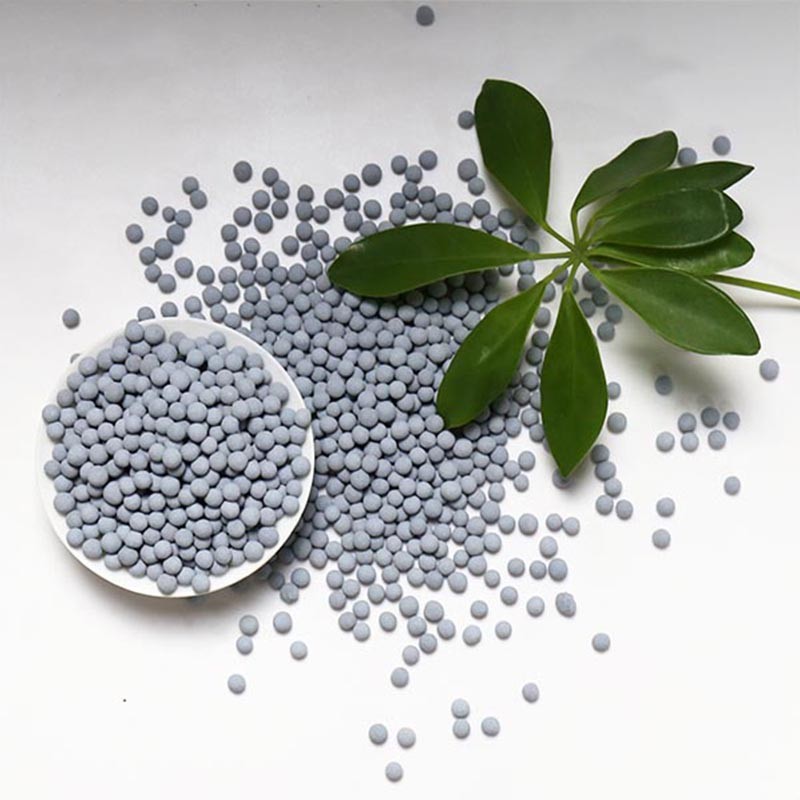Description
| item | Standard | Result |
| Assay% | ≥99.0~100.5 | 99.5 |
| Loss on drying% | ≤0.20 | 0.15 |
| PH(10g/Laqueous solution) | ≤8.5 | |
| Arsenic(as As)% | ≤0.0001 | 0.0001 |
| Heavy metal (as Pb)% | ≤0.0005 | 0.0004 |
| Ammonium | pass | pass |
| Clarity | pass | pass |
Characteristic:
Calcium hypochlorite is a widely used chlorine compound that is highly effective against bacteria, algae, slime, fungi and other harmful and objectionable microorganisms. Since calcium hypochlorite as a solution is a very efficient killer of virtually all bacteria, algae and other objectionable imcro-prganisms, it is used as a standard for comparison testing of other sanitizing chemicals

Chlorination of Drinking Water - Water Research Center
Chlorination is effective against many pathogenic bacteria, but at normal dosage rates it does not kill all viruses, cysts, or worms. When combined with filtration,
What is Chlorination? — Safe Drinking Water Foundation
Jan 23, 2017 - Microorganisms can be found in raw water from rivers, lakes and groundwater. ... Along with other water treatment processes such as coagulation, sedimentation, and filtration, chlorination creates water that is safe for public consumption. Chlorination is one of many methods that can be used to disinfect water
Emergency Disinfection of Drinking Water | Ground Water and
Sep 7, 2017 - Disinfect water using household bleach, if you can't boil water. Only use regular, unscented chlorine bleach products that are suitable for
Description of the Process - Chlorinated Drinking-Water
One of the first reported uses of chlorination for the disinfection of water supplies was in 1897, when bleach solution was used to disinfect a water main in
Drinking Water Chlorination: A Review of Disinfection
Almost all U.S. systems that disinfect their water use some type of chlorine-based process, either alone or in combination with other disinfectants. In addition to
Chlorination | Water Purification | Chlorine - WaterProfessionals
Chlorination involves adding a measured amount of chlorine to water to produce a residual sufficient to kill bacteria, viruses, and cysts. The killing effect of chlorine
Water chlorination - Wikipedia
As a halogen, chlorine is a highly efficient disinfectant, and is added to public water supplies to kill disease-causing pathogens, such as bacteria, viruses, and protozoans, that commonly grow in water supply reservoirs, on the walls of water mains and in storage tanks
Water Purification :: Washington State Department of Health
Let the water cool before drinking. Add two drops of household bleach per gallon to maintain water quality while in storage. Purifying by adding liquid chlorine
Types of Chlorine Used in Water Treatment – Pure Water
The most common use of chlorine in water treatment is to disinfect water. As a disinfectant, it has drawbacks, but it also has advantages. Other methods of